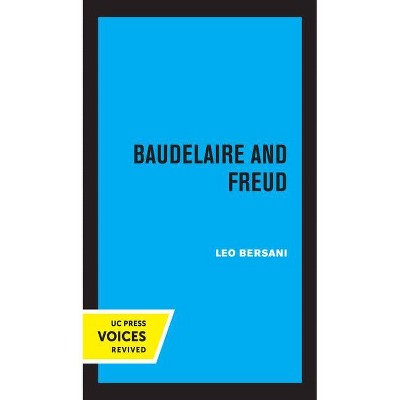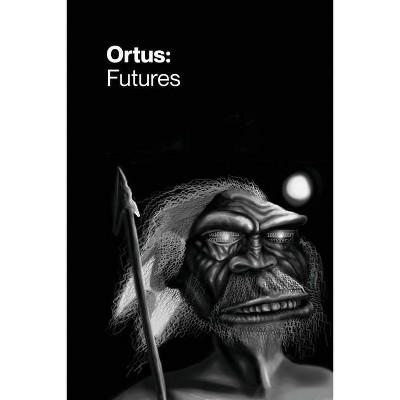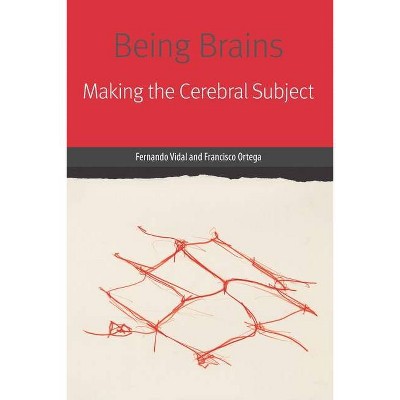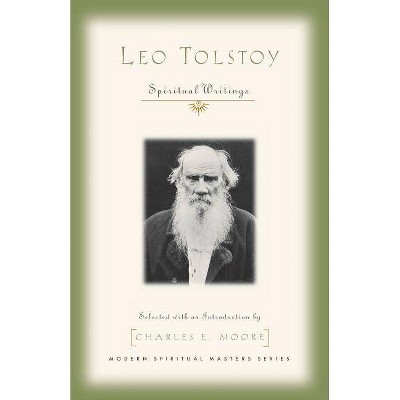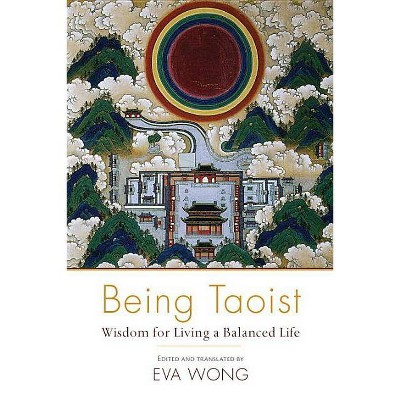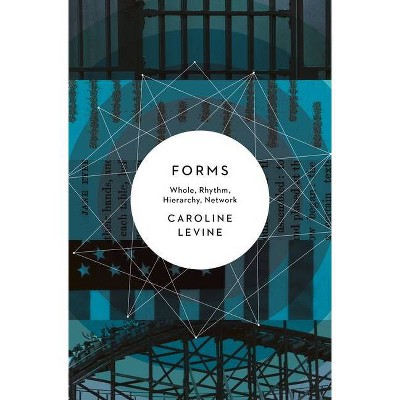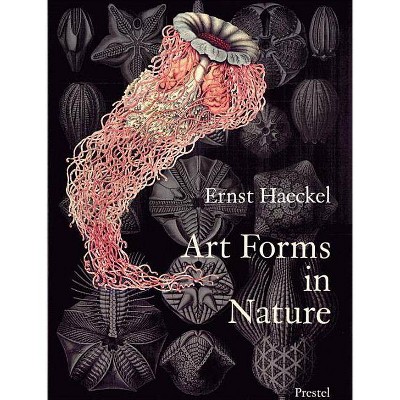Forms of Being - by Leo Bersani & Ulysse Dutoit (Paperback)
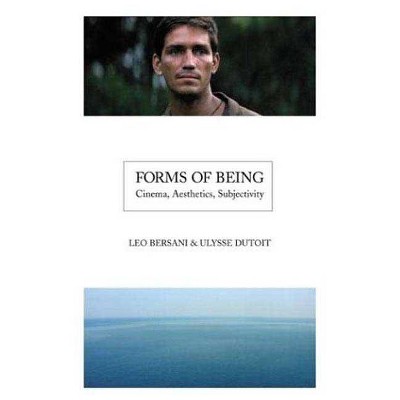
Similar Products
Products of same category from the store
AllProduct info
<p/><br></br><p><b> About the Book </b></p></br></br>A book that both presents startling and enriching interpretations of three major films and proposes a radical, far-reaching account of subjectivity and human relationships.<p/><br></br><p><b> Book Synopsis </b></p></br></br>In each of the films discussed in this study - 'Le Mepris', 'All About My Mother', 'The Thin Red Line' - something extraordinary is proposed. Or if not proposed, then shown, visually, by stranger and more powerful means than narrative or argument.<p/><br></br><p><b> From the Back Cover </b></p></br></br>In each of the films discussed in this book - "Le Mepris" (Jean-Luc Godard, 1963), "All About My Mother" (Pedro Almodovar, 1999), "The Thin Red Line" (Terrence Malick, 1998) - something extraordinary is proposed. Or if not proposed, then shown, visually, by stranger and more powerful means than narrative or argument. It is a matter in every case of re-imagining the relationship between subjectivity and the world. At the end of "Le Mepris" a conventional account of doomed and tragic love is displaced by images of nature as just a space of almost blank appearances, which are beyond all human desire and psychological entanglements. "All About My Mother "veers away from imprisoning forms of identity, family and gender. It begins, hesitantly, to depict other kinds of sociability - more fluid ones that do not rely on coercion or obligation. Most remarkably, "The Thin Red Line" moves to eradicate discourse itself - to approach the world and the beings in it with a neutral gaze, without presupposing a hierarchy of relationships. In its use of close-ups and in its patterns of visual correspondence between human and non-human life, The "Thin Red Line" becomes abstract and startlingly indifferent to its violent subject-matter - as if, according to Leo Bersani and Ulysse Dutoit, an impassive, wholly receptive looking were the most appropriate, the most ethically justifiable, the least enraged and possessive way to appreciate the possibilities of existing in a world which is, beyond the conflict that is brought into it, not at war with its inhabitants. The close analyses (supported by numerous illustrations) in "Forms of Being" are groundbreakingly original and compelling, suggesting newways of approaching cinema as visual art. Together they further develop the authors' longstanding project to redefine the ways in which subjectivity, sexuality, relationality and aesthetics can be understood and transformed.
Price History
Price Archive shows prices from various stores, lets you see history and find the cheapest. There is no actual sale on the website. For all support, inquiry and suggestion messagescommunication@pricearchive.us
